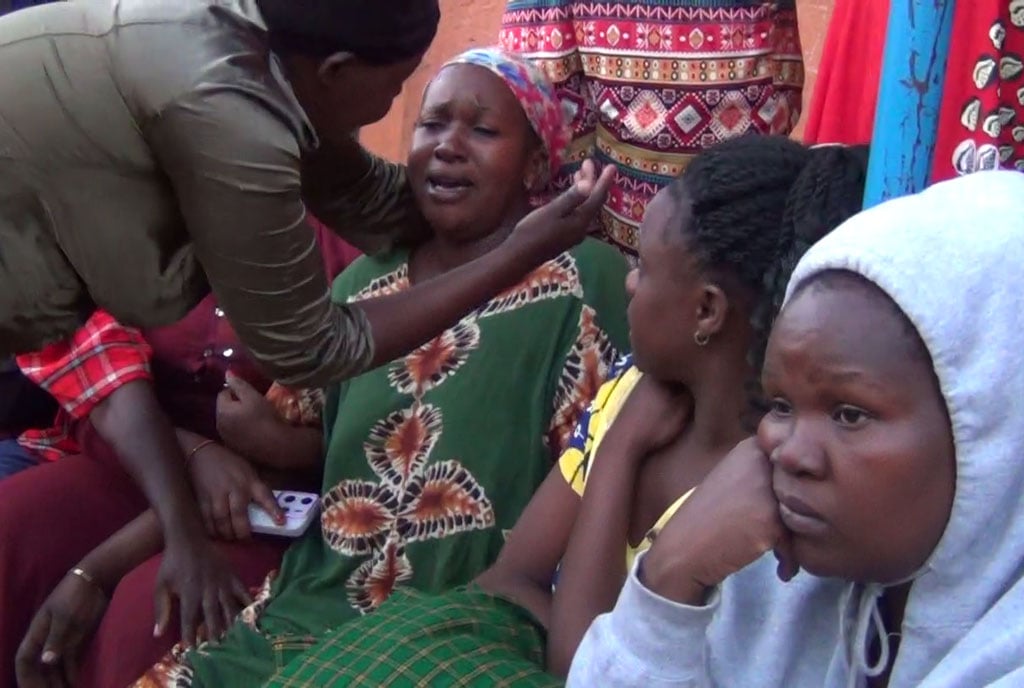Equip police fire brigade to respond more swiftly

A school structure gutted by fire at Bukangara Childcare Nursery and Primary School in Kasese District on March 1, 2024. PHOTO/JEROME KULE BITSWANDE
What you need to know:
- The issue: Equipping police fire brigade.
- Our view: We need to see more trucks procured for the various police units across the country.
- But having them packed at police stations is not enough. The Force must ensure that they have fuel and water at all times.
On Friday, Monitor run a story of a clash between police and school authorities in Kasese District over recent fires that broke out at Margherita Demonstration Primary School and Bukangara Childcare Nursery and Primary Schools.
In both cases, school authorities claim they reported the outbreaks to the Force, but the police fire brigade was slow in responding.
“When I received information about the fire, I hurried to the nearby police post. Upon their arrival, I noticed they were armed, but lacked firefighting equipment. While they assisted in organising the students to ensure their safety amid the chaos, there was still a notable absence of firefighting support,’’ Mr Alfred Kule, the director of Bukangara Childcare Nursery and Primary School, told this publication.
On the other hand, Mr Nixon Marahi, the head teacher of Margherita Demonstration Primary, said: “When the fire started, we immediately informed police, which came with an empty water tanker. They then went back to refill it before returning to reinforce locals who were using rudimentary means to put out the fire.”
Whereas Rwenzori East Regional Police spokesperson Nelson Tumushime refuted claims of police incompetence, suggesting that schools are attempting to shift blame onto the Force, the story of the two school officials can be re-echoed by many across the country.
There has been a long-held perception by the public that the police fire brigade is always late in responding to emergencies. Whereas it is hard to tell the average time the Force takes to respond to fire emergencies, residents usually report that it takes hours.
The blame game, as witnessed in the Kasese story on who between the school authorities and police should take responsibility, is unnecessary. What should be done is to improve the response time of the police fire brigade.
Like we have seen the Force improving its capability in responding to demonstrations and protests, the same energy and resources should be channelled to boosting the anti-fire unit. We need to see more trucks procured for the various police units across the country. But having them packed at police stations is not enough. The Force must ensure that they have fuel and water at all times.
Police should also ensure that the contacts of those in charge of the fire brigade are readily available to members of the public. Many times, precious minutes are lost as people fumble with calling the right people in the Force.
Finally, the police fire brigade should boost its outreach programmes and train more institutions and individuals on basics in prevention and firefighting. Sometimes these fires can be prevented from spreading and causing mass damage and claiming lives.



